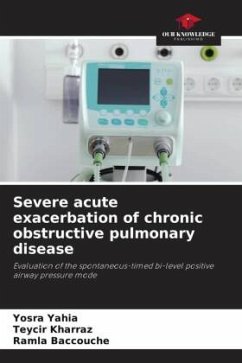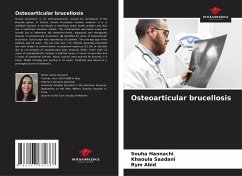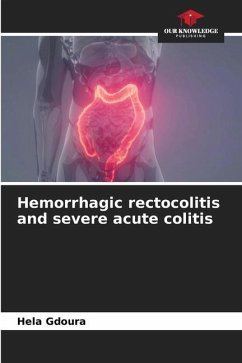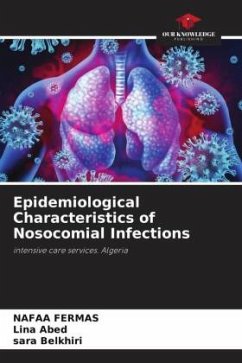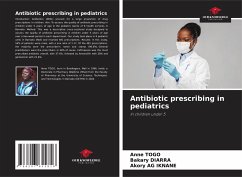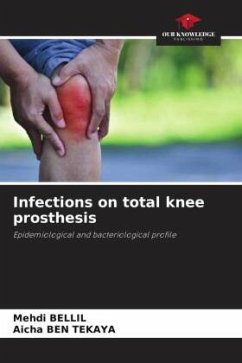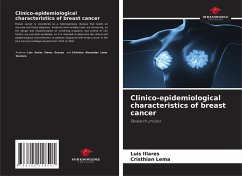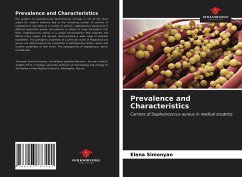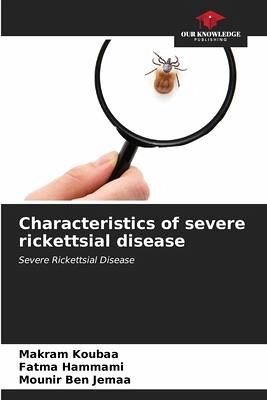
Characteristics of severe rickettsial disease
Severe Rickettsial Disease
Versandkostenfrei!
Versandfertig in 6-10 Tagen
29,99 €
inkl. MwSt.

PAYBACK Punkte
15 °P sammeln!
Rickettsiosis is a zoonotic bacterial infection transmitted to humans by several arthropods. Clinical manifestations of the disease range from mild, self-limiting illness to life-threatening multivisceral failure. Severe" is defined as presenting clinical and/or biological criteria indicating life-threatening organ dysfunction. These may include neurological, renal, cardiac, respiratory, digestive, ocular, haematological or thrombo-embolic disorders. The diversity of serious manifestations of rickettsial disease can lead to delays in diagnosis and even treatment, resulting in a poor prognosis ...
Rickettsiosis is a zoonotic bacterial infection transmitted to humans by several arthropods. Clinical manifestations of the disease range from mild, self-limiting illness to life-threatening multivisceral failure. Severe" is defined as presenting clinical and/or biological criteria indicating life-threatening organ dysfunction. These may include neurological, renal, cardiac, respiratory, digestive, ocular, haematological or thrombo-embolic disorders. The diversity of serious manifestations of rickettsial disease can lead to delays in diagnosis and even treatment, resulting in a poor prognosis for the disease. Antibiotic treatment must be rapid and effective, and must not depend on the results of additional tests, especially in the case of severe forms. Knowledge of the various clinical and biological features of severe rickettsial disease will help guide the diagnostic and therapeutic strategy aimed at improving prognosis.



